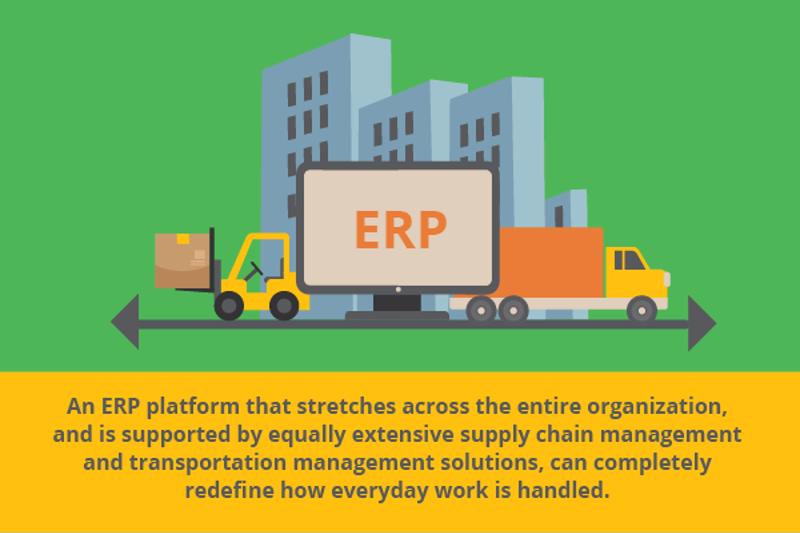Enterprise resource planning (ERP) solutions are essential for any large business or organization, linking various complex systems, applications, processes and business units, and synchronizing them through a single, centralized platform. When things go right, ERP is a major boon to the company, helping to make it more streamlined and efficient while eliminating unnecessary operational costs.
Then there are those times where things go horribly, horribly wrong. Considering the scale and reach of ERP platforms and the amount of work that goes into implementation, integration and ongoing management, there are plenty of opportunities for problems to arise. Those issues can range from the catastrophic to the downright funny. This blog focuses on the latter: We’re breaking down the most hilarious complaints we’ve heard about ERP, so let’s dig in.
‘We want our spreadsheets back!’
An ERP platform that stretches across the entire organization, and is supported by equally extensive supply chain management and transportation management solutions, can completely redefine how everyday work is handled. That’s typically a good thing: Fewer error-prone manual processes, better communication and collaboration between different business units and more streamlined workflows are just a few of the benefits to be expected.
Not everyone is on board with shaking up the status quo, however. There’s always someone who wants to hold onto legacy workflows and processes simply because that’s the way things have always been done. We can’t help but chuckle at the idea of someone pushing back on implementing ERP solutions that will save them a lot of time and grief in the long run. Some people have actually grown pretty fond of all those spreadsheets used to track orders, shipments and inventory. Who would have thunk it?
That being said, we can appreciate that change isn’t always easy, especially when certain processes have been ingrained in a business for years or even decades. That’s why we tailor our training sessions with every implementation to help employees learn the ropes of their new ERP platform and see firsthand how their workdays are about to get better.

‘Our new ERP platform is worse than the old one’
A new, updated ERP solution should address operational gaps, unite disparate business units and pave the way for strategic, data-driven decision-making. That isn’t always the case, though — especially when some aspect of implementation has gone wrong. And many of them do: Gartner estimates that as many as 75% of ERP projects fail.
Employees should be enjoying easier access to vital data and reports, more streamlined workflows that only require their intervention when an exception arises and fewer headaches all around. When launch day rolls around and your flashy new ERP system doesn’t just fail to improve upon the old platform, but actually does a worse job, that’s almost impressive in its incompetency. Clearly mistakes were made throughout implementation, but once that ERP solutions has gone live, it’s way too late to go back to the old one. Based on those poor results, those mistakes would appear to go as far back as the vendor vetting process. If you aren’t partnering with the right implementation provider, you could wind up in similarly bad situation.
Arguably the biggest factor to consider with any ERP project is scale. ERP systems touch every corner of the organization and directly impact everything from supply chain logistics to financial systems. It’s a major undertaking, and the stakes are incredibly high. You shouldn’t trust just any organization with that responsibility. Too often businesses choose the vendor with the lowest rate, even if they have never spearheaded an ERP project with a similar level of complexity. Companies that have an extensive international footprint need to be especially mindful of the risks involved working with an inexperienced implementation partner. If they have never completed a project on that scale before, what reason is there to think they can get the job done on time, on budget and with all the operational benefits you expect?
Another red flag to look out for is if a prospective vendor has very little experience with your preferred platform. Businesses that already use Oracle systems have no reason to rip and replace that foundation. Build upon and expand it, incorporating sophisticated technology like advanced data analytics applications and cloud-based solutions to improve how your business fundamentally operates.
ERP is far too important to roll the dice on an untested vendor. Work only with the very best implementation partners who have experience with your industry, platforms and scale of operations.